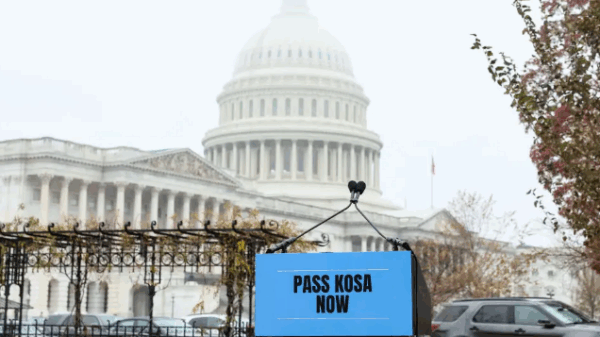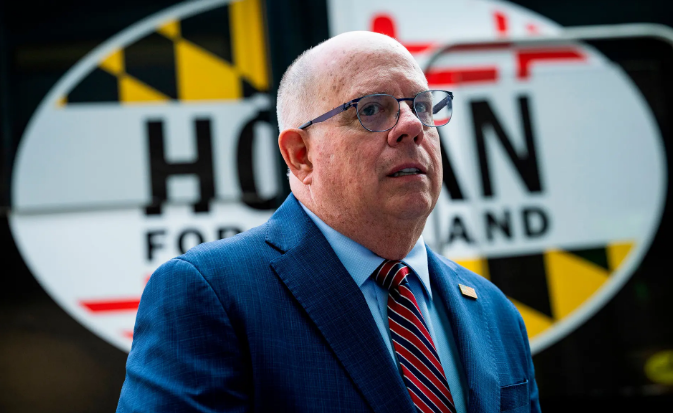Maryland’s future governors will face new financial transparency rules following the signing of a bipartisan bill aimed at overhauling the state’s ethics laws. Governor Wes Moore signed the legislation into law on Tuesday, requiring that all future governors either place their financial holdings in a blind trust or divest from them entirely. The bill, introduced by Democratic Delegate Marc Korman, passed unanimously in both chambers of the Maryland statehouse this spring.
Korman emphasized the importance of restoring public trust in the state’s leadership. “We can’t go back to fix the mistakes that were made in the past,” he said. “But we do want to make sure that any future governor is definitely acting on the people’s behalf and not their own.”
The bill was prompted by concerns raised over former Governor Larry Hogan’s potential conflicts of interest during his time in office. A TIME report last October revealed that Hogan approved millions of dollars in affordable housing grants to developers who were clients of his real estate firm. According to public records, nearly 40% of competitive affordable housing awards during his two terms were granted to clients listed on Hogan’s firm’s website, with a concentration of awards among just six developers.
Further scrutiny revealed that Hogan approved a $15 million low-income housing tax credit for a project on land once owned by his family. Hogan’s stepmother sold the property to the developer for $3.75 million in 2022, years after the tax credit was granted. Hogan defended his actions, stating that his assets were held in a “trust agreement” approved by the State Ethics Commission, though he faced criticism for continuing to meet with company leaders while his brother managed the firm.
Under the new law, governors will now be required to place all financial assets into a blind trust or divest them within six months of taking office. In certain cases, governors may be allowed to keep an interest in their holdings, provided they enter into a nonparticipation agreement with the State Ethics Commission.
Government watchdogs are praising the bill, with Richard Painter, former chief White House ethics lawyer during the George W. Bush administration, calling it a model for other states and even the federal government. Painter advocated for similar ethics reforms at the national level, particularly in light of concerns about conflicts of interest involving President Trump and members of Congress.
At the bill-signing ceremony, Governor Moore stated, “Gone are the days when a Maryland governor can make millions of dollars in office because they didn’t view their time in public service as a reason to stop their profits.” The law aims to ensure that future leaders prioritize public service over personal financial gain.









































